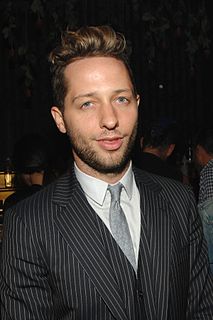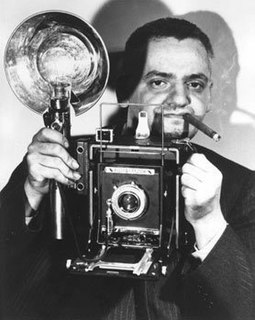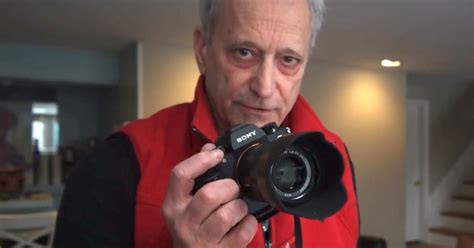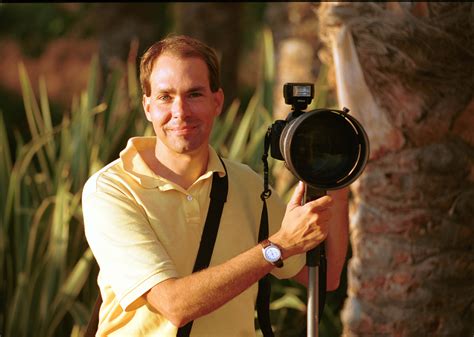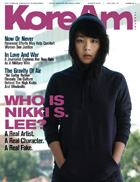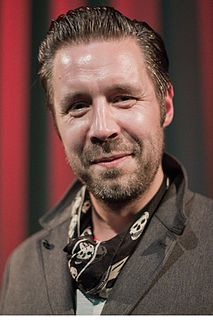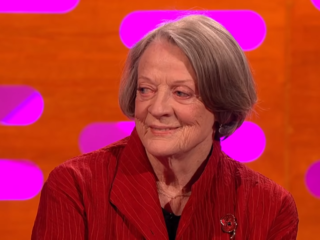A Quote by Derek Blasberg
I know it's not particularly tech-savvy of me to suggest a camera that doesn't have a touchscreen, but I think when it comes to candid shots of nights out with friends, there's nothing better than a disposable camera.
Related Quotes
The camera is one of the most frightening of modern weapons, particularly to people who have been in warfare, who have been bombed and shelled for at the back of a bombing run is invariably a photograph. In the back of ruined towns, and cities, and factories, there is aerial mapping, or spy mapping, usually with a camera. Therefore the camera is a feared instrument, and a man with a camera is suspected and watched wherever he goes... In the minds of most people today the camera is the forerunner of destruction, and it is suspected, and rightly so.
A lot of people have experimented with hidden cameras and magic before. What I do, which I think is different from any other style of prank or hidden camera, is that it's all fun. It's back to that kind of fun that 'Candid Camera' was. It's not mean-spirited at all. It's a joyful kind of play with people.
I don't want to carry big things around with me. I'm lazy. The snapshot camera, you just carry it around and take the picture. You don't need to think about anything. People in the street are not going to wait for you with a big camera. They would freak out. With a snapshot camera, they are comfortable.
There is nothing worse than when actors come to a set - and it happens a lot with big stars - and they are too aware of where the camera is. They are the show. And that becomes apparent and it affects the production. I am like 'You should not know where the camera is - you should act, and I will do the rest.'
Alan Rickman was such a terrific actor, and that was such a terrific character that he played. And it was a joy to be with him. We used to laugh together because we ran out of reaction shots. They were always - when everything had been done and the children were finished, they would turn the camera around and we'd have to do various reaction shots of amazement or sadness and things. We used to say we'd got to about number 200-and-something and we'd run out of knowing what to do when the camera came around on us. But he was a joy.
